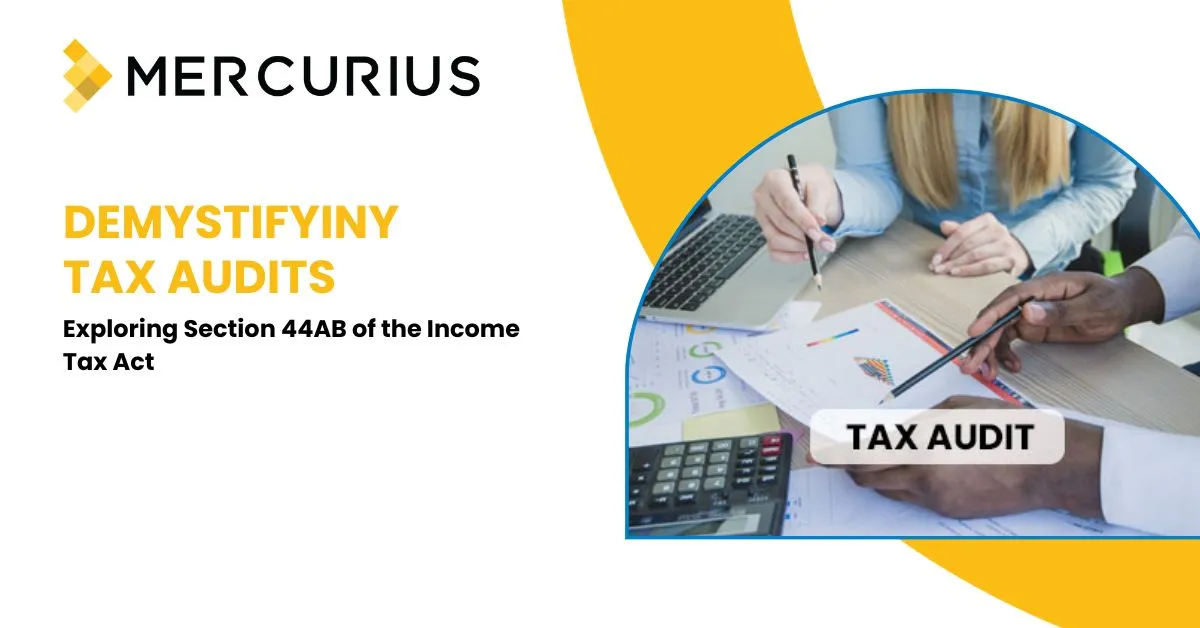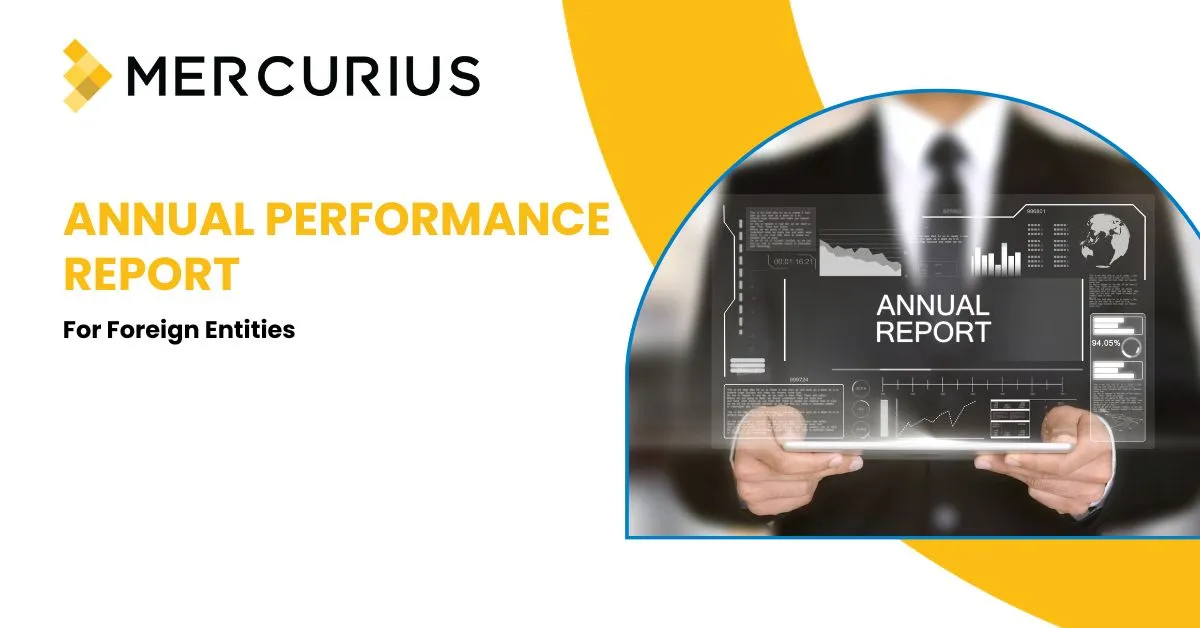Under-reporting of income and Misreporting of income
Taxes are a crucial part of the Indian financial system as they contribute significantly to the government’s revenue sources. To keep things fair, the Income Tax Act 1961 has a superb provision – Section 270A; let’s break it down and understand how it works to keep our tax system fair and honest. Suppose you have
Learn More







